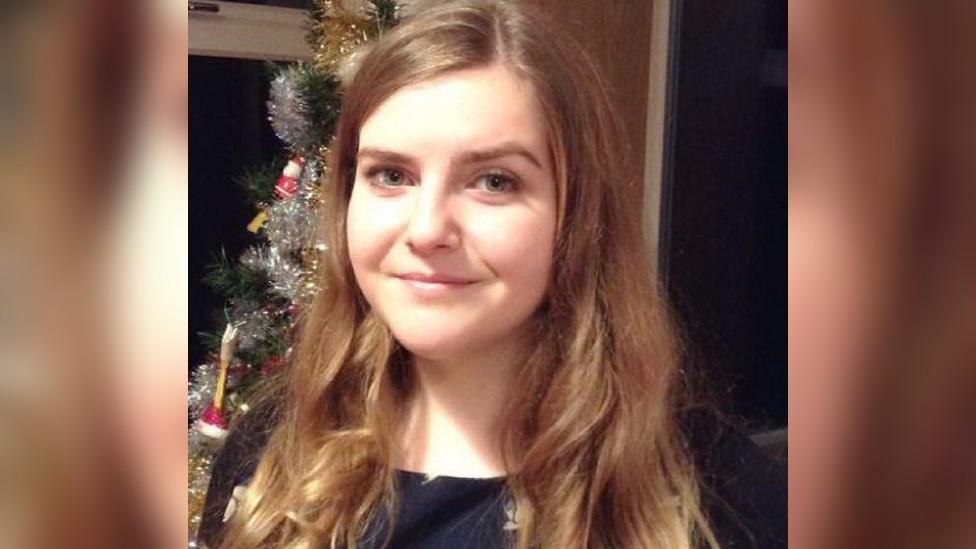Manchester Arena Inquiry: John Atkinson badly let down, family says
- Published
"We wait to see what actions are taken to ensure this never happens again," say John Atkinson's family
The family of a man killed in the Manchester Arena attack say he was "badly let down" by some members of the emergency services.
John Atkinson, 28, was one of 22 people who died in the bombing on 22 May 2017.
A public inquiry has previously heard he might have survived had he been given treatment more quickly.
Mr Atkinson's family said mistakes had been made and "precious time was allowed to ebb away while John needed urgent hospital treatment".
"This should never have been allowed to happen. John had so much to give," they added.
The inquiry heard healthcare worker Mr Atkinson lost a significant amount of blood as he laid in agony on the foyer floor for 47 minutes before being carried downstairs.
About 20 minutes later, he went into cardiac arrest and was taken to Manchester Royal Infirmary but he was pronounced dead a short time later.
'Grave concerns'
Last week, consultant paramedic Dan Smith, the operational commander for North West Ambulance Service (NWAS), told the inquiry he was "truly sorry" if any decision he made impacted on his survivability.
In a statement read outside the court on Monday, Mr Atkinson's family said they could not accept this apology.
"Actions speak louder than words, and we wait to see what actions are taken to ensure this never happens again," they added in a statement read on their behalf by their lawyer Richard Scorer, from Slater and Gordon.
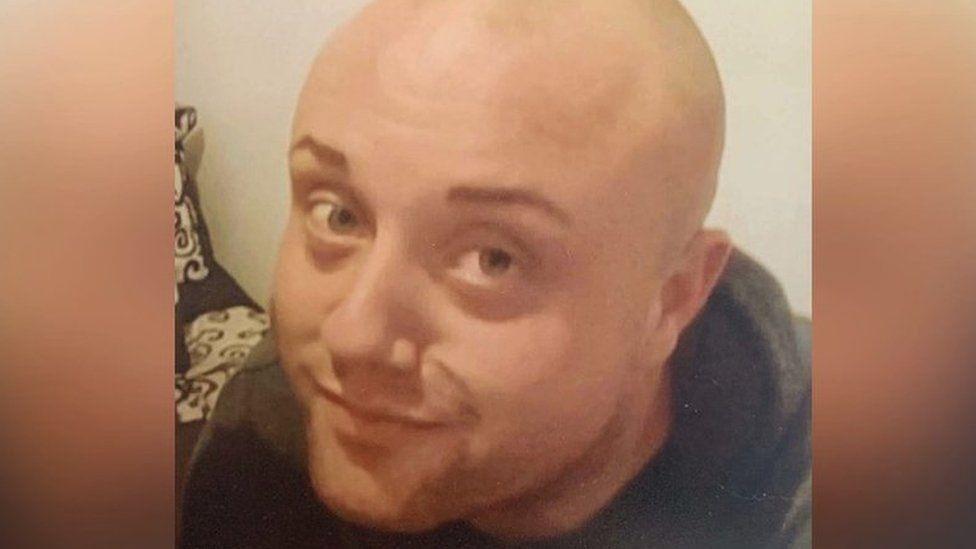
John Atkinson suffered severe leg injuries in the bombing
The family said Mr Atkinson "was kind, intelligent and would light up any room he walked into".
"He was the best uncle to his nephews, most caring of sons and brothers, he worked with young adults with autism and he looked forward to being a foster father," they added.
The inquiry earlier heard how Mr Atkinson had pleaded with NWAS senior paramedic Phillip Keogh not to let him die.
Mr Keogh treated him about an hour after the explosion but it was another 30 minutes before he was moved to an ambulance.
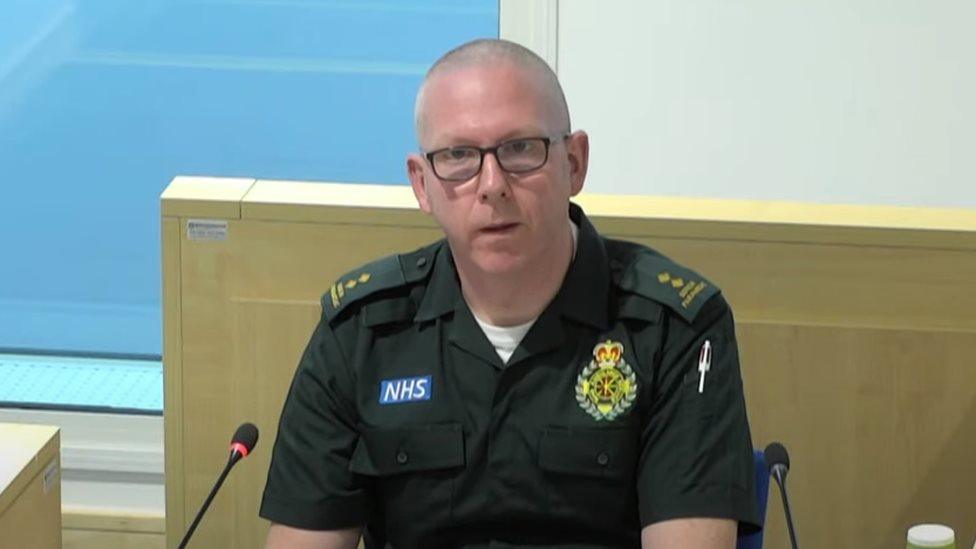
The inquiry was told Phillip Keogh lost most of his equipment just before he treated John Atkinson
He agreed Mr Atkinson had been left waiting too long to be taken to hospital, reducing his chances of survival.
The delay was "inadequate", he told the inquiry.
Mr Atkinson, from Bury, died shortly after arriving at the Manchester Royal Infirmary one hour and 35 minutes after the bomb was detonated in the arena foyer.
He was brought down from the foyer on a metal barrier and put on the floor of Manchester Victoria railway station concourse, the inquiry heard.
Mr Keogh said it was "obvious he had lost a lot of blood" and he had several makeshift tourniquets on his legs.
He said he was worried about Mr Atkinson developing hypothermia as he had been left in the doorway and was not covered in blankets.
The inquiry heard Mr Atkinson had pleaded with the paramedic "don't let me die".
Mr Keogh said he had tried to comfort him by telling him he would not let him die, but said he "already had grave concerns for [his] outcome".
"I thought then that his chances of survival were absolutely slim but I wasn't going to tell him the truth because that's just not what you do," he said.

Twenty-two people were killed in the May 2017 bombing
The inquiry was told Mr Keogh lost most of his equipment just before he treated Mr Atkinson.
Mr Keogh accepted that Mr Atkinson should have been given a blood clotting agent earlier, which was in his lost equipment bag, however he told the court he did not believe it would have saved his life.
Mr Atkinson went into cardiac arrest as he was being placed on an ambulance stretcher, the inquiry heard.
Mr Keogh described the difficulty of carrying out chest compressions as he was wheeled to an ambulance.
The paramedic, who had previously served in Afghanistan as a reservist army paramedic, told the court that he went directly to Manchester Arena despite being told he should go to a rendezvous point because there may have been an active shooter.
He said: "I was aware that people were injured at the arena and if I wasn't going to go, then who was going to go?"
The inquiry continues.

Why not follow BBC North West on Facebook, external, Twitter, external and Instagram, external? You can also send story ideas to northwest.newsonline@bbc.co.uk
Related topics
- Published7 October 2021
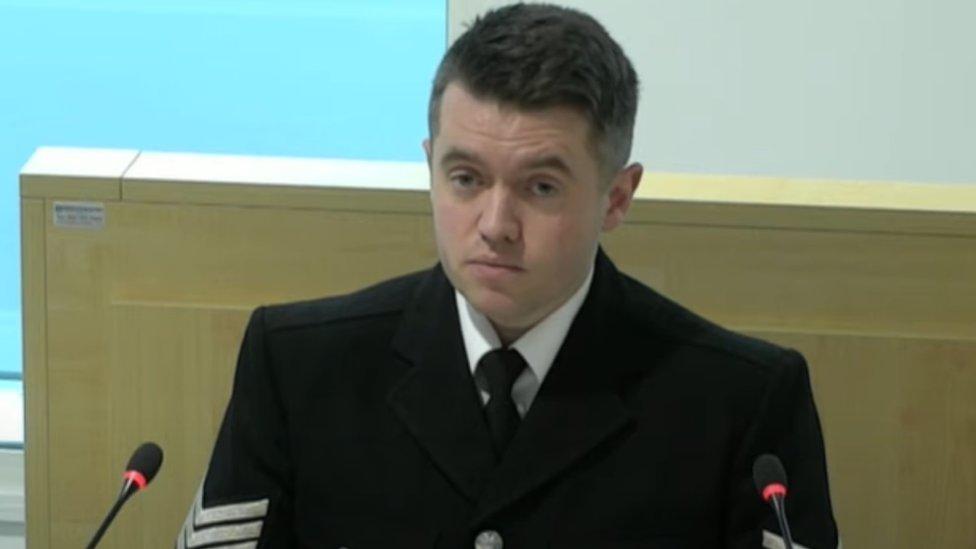
- Published6 October 2021
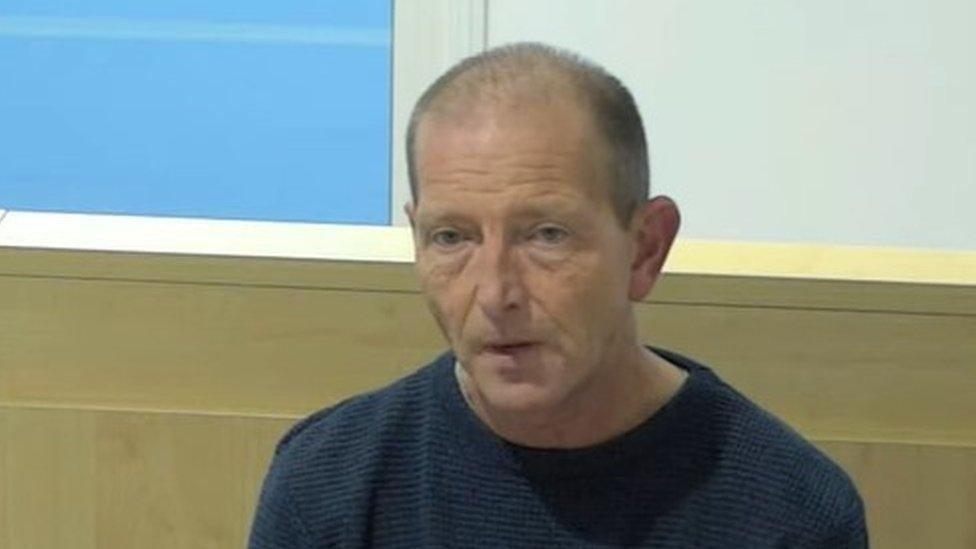
- Published30 September 2021
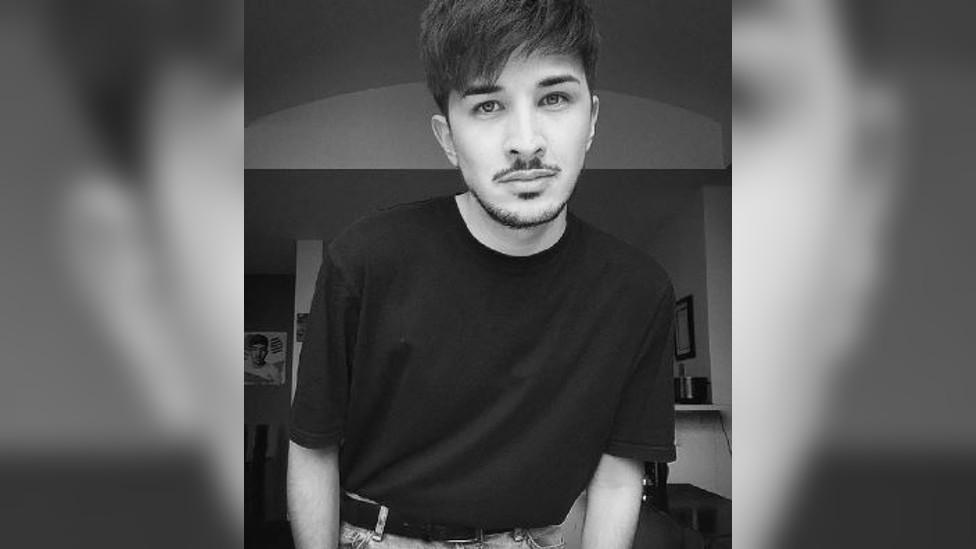
- Published29 September 2021
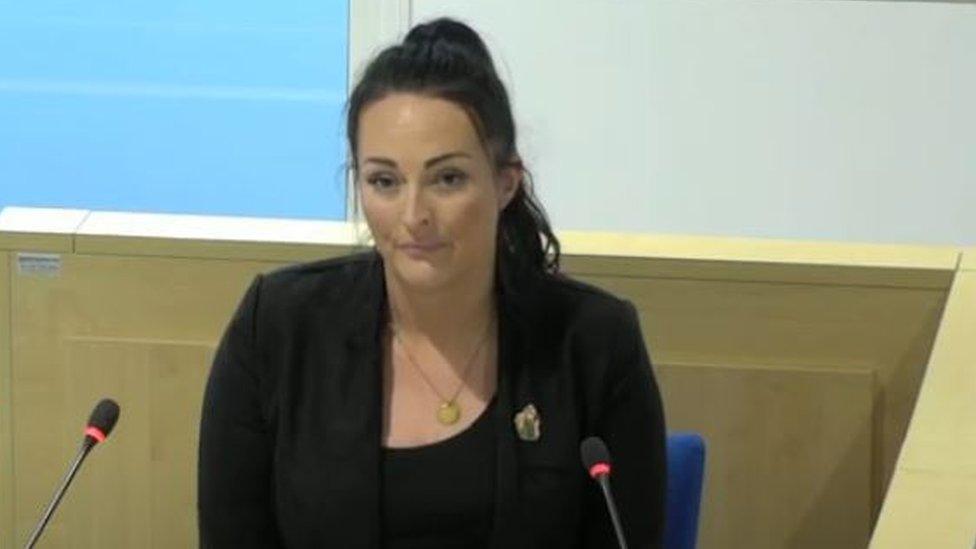
- Published28 September 2021
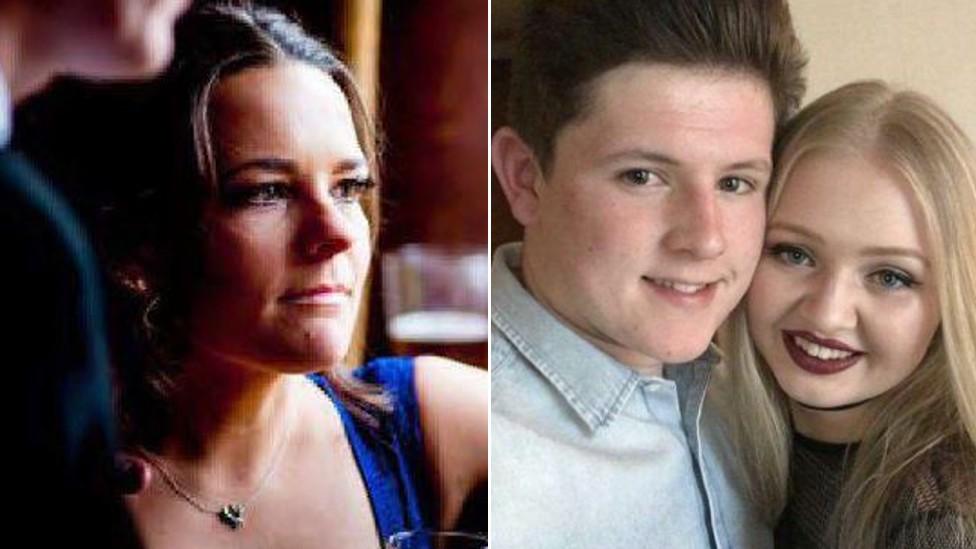
- Published27 September 2021
